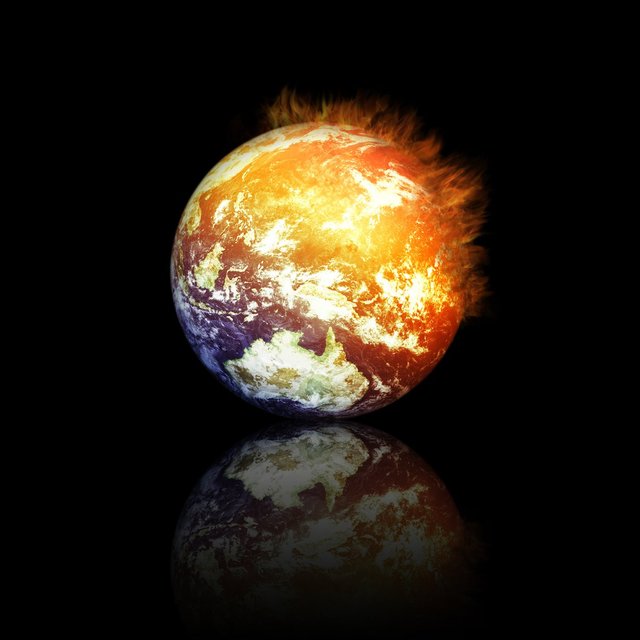What is a Disaster?

Image by B S K
What is a Disaster? There are a number of definitions trying to answer this question. So, to start out, let's look at one of those definitions. A good place to start when looking for definitions in the field of disaster management is the UNISDR. The United Nations International Strategy for Disaster Reduction (UNISDR) is the United Nation's initiative to reduce disasters.
The UNISDR defines a disaster as: "A serious disruption of the functioning of a community or a society at any scale due to hazardous events interacting with conditions of exposure, vulnerability and capacity, leading to one or more of the following: human, material, economic and environmental losses and impacts."
4 Characteristics of a disaster
Based on this definition, a disruptive event can be defined as a disaster if it has 3 characteristics. A disaster is:
- associated with a specific event;
- this event leads to a serious disruption of a community or society; and
- this disruption also leads to human, material, economic or environmental losses and impacts.
In a previous definition, in order for an event to be considered a disaster, it had to be so severe that the disrupted community or society cannot cope with the consequences using their own resources. This requirement has since then been removed from the formal definition but is mentioned by the UNISDR in a related annotation.
This definition gives an indication of what the difference is between an incident and a disaster. An incident (such as a localised flood), would generally not be considered a disaster, due to the fact that the affected community could have been able to cope with the consequences within their own capacity. However, if extensive flooding affects an area, and the community cannot cope by using their own resources, it can be considered a disaster.
Why do we need a definition?
You might wonder if it is not too theoretical to discuss whether an event is a disaster or not? Why do we need a definition? The classification of a disruptive event as either an incident or disaster becomes important in jurisdictions where emergency services are granted special access to restricted resources in case of a disaster. These resources can include contingency funds or relief supplies that might not be available in the event of non-disaster incidents.
Disasters as a result of hazards, vulnerability and capacities
The UNISDR further provide additional comment on the term disaster, stating that disasters occur due to ”hazardous events interacting with conditions of exposure, vulnerability and capacity.”.
This definition addresses a number of other terms and definitions one needs to consider when venturing into the field of disaster risk reduction. These terms include hazards, vulnerability, and capacity. I will discuss these in more detail in a future post.
So, what is a disaster?
To provide an answer to the initial question of what a disaster is: ”A disaster is an event, causing a serious disruption to the functioning of a community or a society, due to widespread human, material, economic or environmental losses and impacts, which exceeds the ability of the affected community or society to cope using its own resources.”
@redpig is also the editor of the disaster preparedness blog, PrepareWithForesight.com. Please respond with any questions or topics for future posts in the comments below, or submit your questions on Facebook, Twitter, LinkedIn, or Google+.